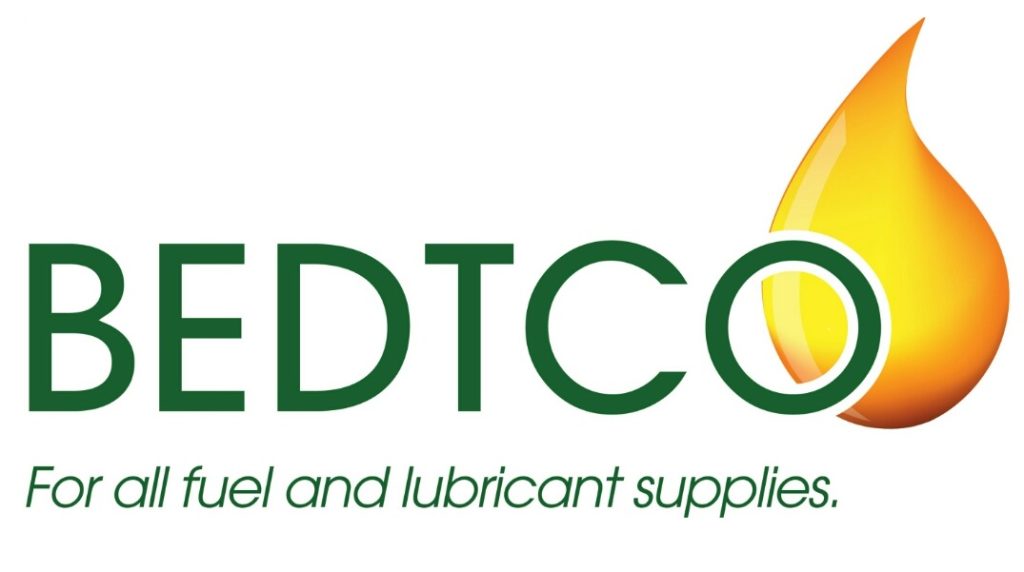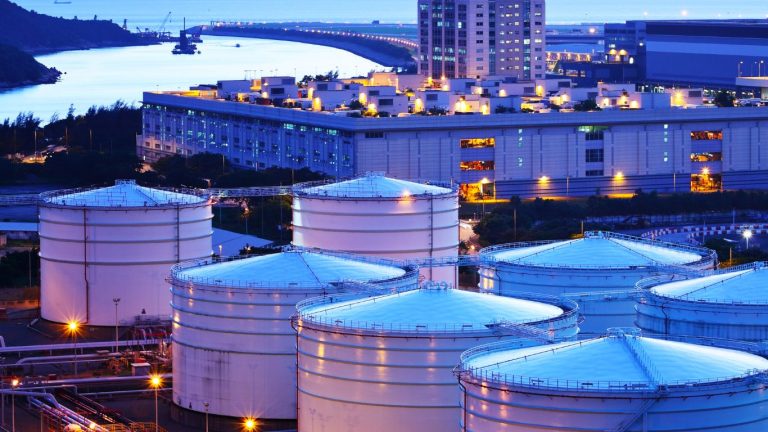The distribution of petroleum products has undergone significant advancements in the past decade due to technological innovations. Here are some key ways technology has revolutionized the industry:
Digital Supply Chain Management
- IoT Integration: Sensors on storage tanks, pipelines, and transport vehicles enable real-time tracking of fuel levels, location, and temperature, reducing wastage and improving efficiency.
- Advanced Analytics: Big data analytics help optimize delivery routes, forecast demand, and manage inventory effectively.
- Automation: Automated loading and unloading systems at terminals ensure faster and more accurate handling of products.
Improved Fleet Management
- GPS Tracking: GPS technology ensures real-time monitoring of fuel tankers, enhancing security and delivery accuracy.
- Telematics: Devices monitor vehicle performance, fuel consumption, and driver behavior to improve safety and efficiency.
- Route Optimization: AI-powered tools calculate the best routes to minimize fuel consumption and delivery times.
Enhanced Safety Standards
- Leak Detection Systems: Advanced pipeline monitoring systems identify leaks instantly, reducing environmental risks.
- Drone Surveillance: Drones are used to inspect pipelines and storage facilities in remote areas, reducing human risk and ensuring quicker maintenance.
- Digital Compliance Systems: Real-time monitoring ensures adherence to regulatory and safety standards.
Customer-Centric Innovations
- Smart Fuel Dispensers: Automated fuel dispensers with digital payment options streamline customer transactions at fuel stations.
- Mobile Apps: Many companies now offer apps for ordering fuel, tracking delivery, and making payments, improving customer convenience.
- On-Demand Fuel Delivery: Startups and companies are introducing mobile refueling services, where customers can get fuel delivered directly to their vehicles or generators.
Blockchain for Transparency
- Blockchain is used to improve transparency and traceability in the petroleum supply chain, ensuring accountability from production to delivery.
Renewable Energy Integration
- Distribution networks are increasingly adopting hybrid systems where renewable energy sources (like solar) power operations, reducing reliance on fossil fuels.
Artificial Intelligence and Predictive Maintenance
- AI-driven systems predict potential equipment failures, ensuring proactive maintenance of distribution infrastructure and reducing downtime.
Sustainability Measures
- Carbon Tracking: Technology tracks carbon emissions across the supply chain, helping companies meet sustainability goals.
- Energy-Efficient Logistics: Advanced algorithms are used to reduce energy consumption during transportation.
Overall Impact:
Technology has made petroleum distribution more efficient, secure, transparent, and customer-focused. By minimizing costs, reducing risks, and addressing environmental concerns, technology has reshaped the industry to meet the demands of the modern era.

